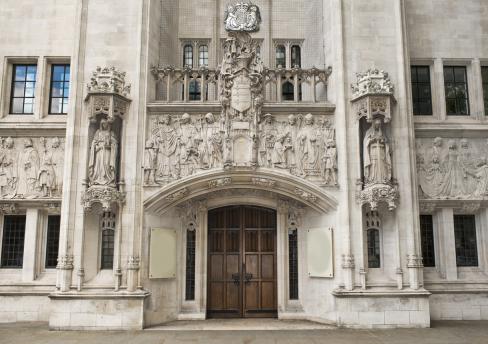
On 11 February 2016, Sheriff Reid sitting as a commercial Sheriff in Glasgow gave his decision in Donnelly v The Royal Bank of Scotland plc. The decision reminds us, once again, of the importance of the principle of balancing of accounts in bankruptcy.
Balancing of accounts is an equitable principle which extends the compensation of debts during insolvency and allows a creditor to set off both liquid or illiquid debts against a bankrupt's claim. The equity of the principle is simple - a bankrupt should not be entitled to full payment from a creditor, when a creditor is only able to recover a dividend from him.
In the Integrated Building Services v Pihl UK case in 2010, Lord Hodge clarified that balancing of accounts has a wide application and that the courts can regulate its operation in order to ensure fairness. In that case, Lord Hodge held that the principle applied to administration as well as to bankruptcy or liquidation. He also commented that it may also be available outwith a formal insolvency process where it could be shown that a person or company was verging on insolvency. Ultimately, the principle exists to ensure fairness for creditors where they would otherwise be prejudiced by the debtor's insolvency, and applies in both the personal and corporate spheres.
The Donnelly decision deals with a different aspect of the principle and one that had not been explored previously by the court. Mrs Donnelly owed the bank around £21,000 under contracts of loan. The bank owed her around £11,000 in respect of PPI claims. Mrs Donnelly subsequently signed a trust deed (and for the purposes of this opinion there was no material difference between that and sequestration), had obtained her discharge, and was suing the bank for the PPI claims. The bank was claiming that, due to balancing of accounts in bankruptcy, it was entitled to withhold payment and set it off against its own debt. The unusual aspect of the decision was that Mrs Donnelly was discharged and discharge typically means discharge from debts incurred pre-bankruptcy.
Regardless, Sheriff Reid held that the bank was entitled to plead set off. First, the principle arises as a consequence of insolvency. Secondly, although she had obtained her discharge, a trust deed operates in the same way as sequestration. Mrs Donnelly's discharge (or even that of her Trustee) did not end the insolvency. The insolvency continued until creditors' claims were satisfied in full or there was a discharge on composition. Thirdly, because her insolvency effectively continued, Mrs Donnelly was standing in the shoes of her Trustee and suing as constructive trustee for her creditors. Finally, because she was seeking to recover an asset that properly fell within her insolvent estate, and the bank was a creditor of that estate, there was no reason that balancing of accounts could not apply.
The Donnelly decision shows, once again, the scope of balancing of accounts in bankruptcy. Lord Hodge's decision to allow its application in administration in the Integrated Building Services case was important because it showed that the principle could still operate despite the statutory moratorium in place in administration. The Donnelly decision is important because it shows that equity can still operate to protect creditors in personal insolvency processes even where the debtor and trustee have obtained their discharge.
The content of this webpage is for information only and is not intended to be construed as legal advice and should not be treated as a substitute for specific advice. Morton Fraser LLP accepts no responsibility for the content of any third party website to which this webpage refers. Morton Fraser LLP is authorised and regulated by the Financial Conduct Authority.









